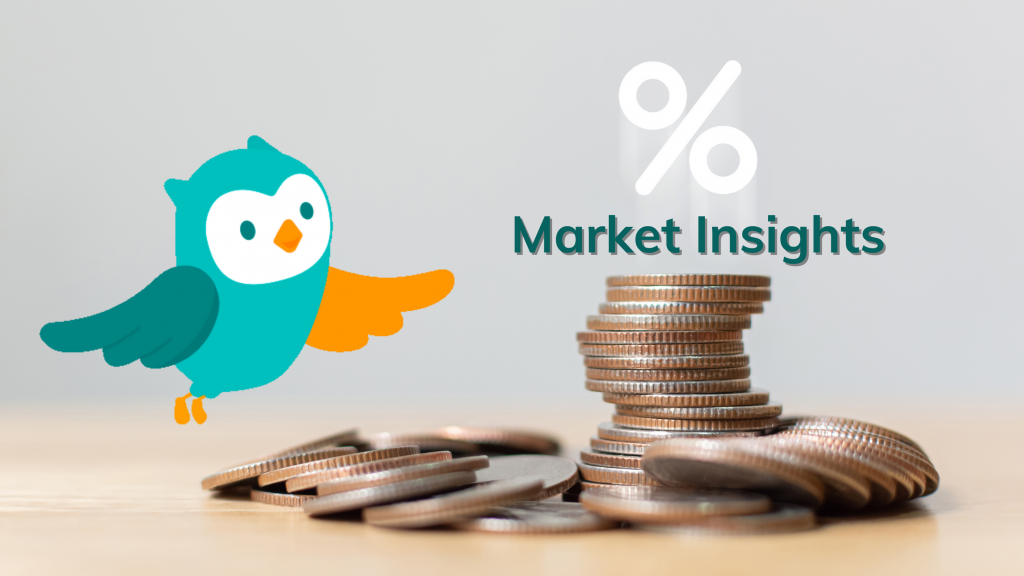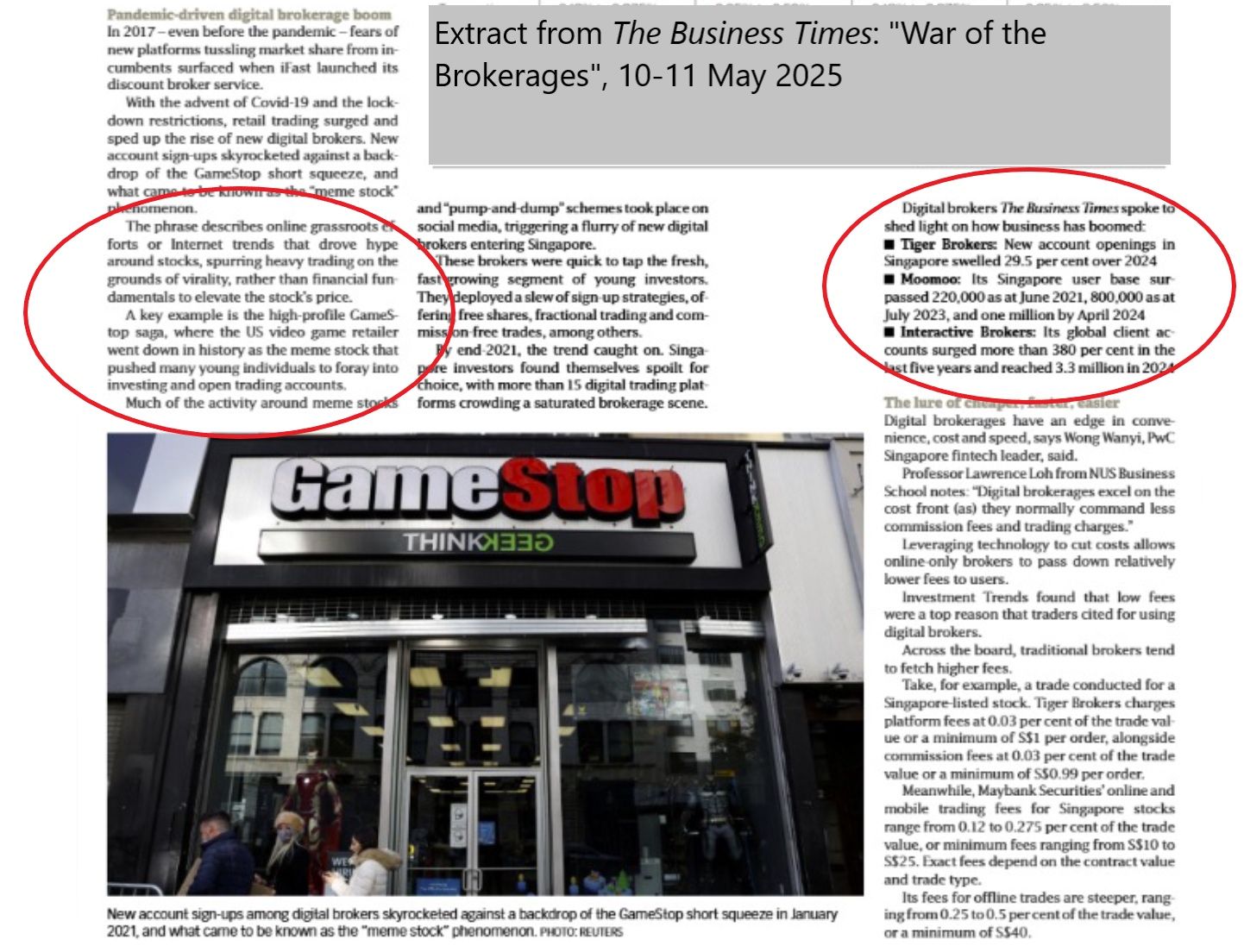Note: It was announced in November 2023 that MoneyOwl will be acquired by Temasek Trust to serve communities under a re-purposed model, and will move away from direct sale of financial products. The article is retained with original information relevant as at the date of the article only, and any mention of products or promotions is retained for reference purposes only.
______________
In this weekly market update, we saw the Fed give one of the biggest interest rate increases to combat rising inflation and China foreshadows a bleak job market amidst the battle against the covid resurgence.
(2 May 2022 – 6 May 2022)
Major Equities indices fell for the fifth week in a row as S&P 500 and MSCI World Index declined 0.2% and 1.19% respectively, while MoneyOwl’s 100% equity portfolio was down 0.78%. An employment report (Non-farm Payroll) on Friday showed that the US economy generated 428,000 jobs in April, in line with economists’ expectations.
Fixed Income asset classes were negative, with the Bloomberg Barclays Global Agg Index down 1.31% as the US 10-Year Yield rose further above 3%, rising 23 bps to 3.12%. The last time the 10-year yield was above 3% was back in November 2018 when the Fed was on a similar rate hiking cycle due to higher inflation.
Investors may be concerned with their fixed income investment due to the higher interest rates that are here to stay as the Fed does not seem to have any intentions to slow the momentum of rate hikes. According to interest rate derivatives, markets have priced in a 2.5%-3% Fed Funds rate by the end of 2022.
However, just because short-term interest rates (such as the Fed funds rate) are rising does not necessarily mean bonds will underperform. In fact, looking at historical data, there is no consistent pattern. On some occasions, longer-term bonds have done badly; in other periods, they have done well. Prices are forward-looking, which means prices have already built-in expectations for interest rates and inflation. So instead of wondering if bonds still have a place in your portfolio (they do!), remember that their role is more than just to provide returns. Broadly, the roles that bonds can take on are:
- To dampen portfolio volatility, making for a less bumpy ride
- To offer liquidity or ease of access to cash if needed
- To maximise returns via capital gain and income
- To preserve capital, and protect against the impact of inflation
Here is a look at some other noteworthy market headlines:
Half Point Hike
The Federal Reserve (Fed) delivered the biggest interest rate increase since the year 2000 – a half percentage point rise (0.5%) – and signalled it would keep hiking at that pace over the next couple of meetings, unleashing the most aggressive policy action in decades to combat soaring inflation. The Fed will begin reducing its balance sheet of Treasuries and mortgage-backed securities in June at an initial combined monthly pace of $47.5 billion, stepping up over three months to $95 billion. The reduction of the balance sheet signifies that a smaller money supply will be available in the financial system. The Fed’s objective is to fight inflation while simultaneously undoing the easing effects of monetary policy caused by increasing the balance sheet value in the previous years.
Fresh Cash
Elon Musk has secured about $7.1 billion of new financing commitments, including from billionaire Larry Ellison, a Saudi Prince, and Sequoia Capital, to help fund his proposed $44 billion Twitter takeover. Saudi Prince Al Waleed bin Talal made the biggest contribution, agreeing to commit almost 35 million shares in Twitter — worth $1.9 billion — to retain a stake in the company following Musk’s takeover. It’s an interesting twist as just three weeks ago he was outraged at the Tesla CEO’s audacious bid, saying $44 billion didn’t “come close” to the company’s intrinsic value.
China Job Warning
Chinese Premier Li Keqiang warned of a “complicated and grave” employment situation as Beijing and Shanghai tightened curbs on residents in a bid to contain Covid outbreaks in the country’s most important cities. The surveyed jobless rate climbed to 5.8% in March, the highest since May 2020. Last week, China’s top leaders warned against attempts to question the country’s Covid Zero strategy as newly released data for April showed the lockdown-dependent approach taking a heavy toll on the economy.
Read more Market Insights here.
Disclaimer: While every reasonable care is taken to ensure the accuracy of information provided, no responsibility can be accepted for any loss or inconvenience caused by any error or omission. The information and opinions expressed herein are made in good faith and are based on sources believed to be reliable but no representation or warranty, express or implied, is made as to their accuracy, completeness or correctness. Expressions of opinions or estimates should neither be relied upon nor used in any way as an indication of the future performance of any financial products, as prices of assets and currencies may go down as well as up and past performance should not be taken as an indication of future performance. The author and publisher shall have no liability for any loss or expense whatsoever relating to investment decisions made by the reader.




